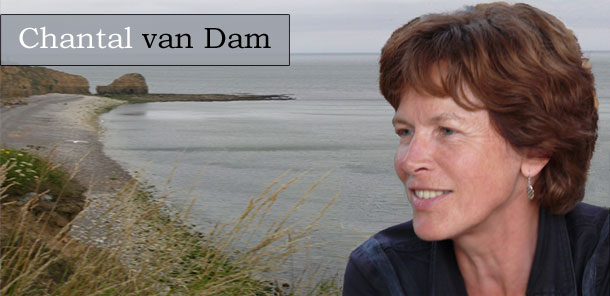people and the sea
(Bij de uitreiking van de ‘people and the sea award 2011’ op 8 juli 2011 in Amsterdam.)
Ladies and gentlemen,
It is an honour and a pleasure to be elected for the People and the sea award 2011 and I thank the jury for her positive judgement of my book. But I realise that many of you haven’t read it and even could not have read it, as it is written in Dutch. Fortunately, the book has a cover, with only six words you don’t understand and an illustrative image. So what I’ll do is present the cover as a sort of poster or visual abstract of the book.
We see a quay, water, fishing vessels, a port. In the air as the title says: the smell of salt and tar. It is early in the morning, a little hazy and very quiet. The vessels are beamtrawlers, large Dutch beamtrawlers, but inactive, with their beams upright. Normally they would be out at sea fishing for plaice and sole. But this morning they stick together idly, forming a row in the seaway. There is something wrong here, there is touch of threat, of mischief, something illegal and the smell in the air is the smell of trouble. And yes, this is a blockade of the fishing port of Ijmuiden (Whymoeden, as you probably pronounce it) and reflects the strained relationship between fishermen and the government during the last quarter of past century.
There is of course a background to this and that is the story of the book.
It is based on my own experiences at the Dutch Fisheries Inspectorate. When I started there in the early eighties , quota and catch regulations were already in place, but they were not too well observed, enforcement was weak or impossible and the Dutch authorities had their own magic statistics which systematically underestimated the Dutch catches of plaice and sole. It was shocking, but everybody was used to it.
When I left the Inspectorate six years later, things had changed. Meanwhile the common European fisheries policy was adopted and that put pressure on the Dutch government to implement it at home. The rules were tightened, enforcement was intensified and unwilling auction officials where put in jail. This was shocking too, as nobody was used to it and caused a lot of protest, violence and illegal activities.
It took many years, a parliamentary enquiry and the resign of a minister, before this black page in fisheries history was turned.
I made a novel out of it. Why? As a writer, I can say, well, it was such good material, I simply had to use it. But it was more. I also wanted to disclose the fascinating world of fisheries to a wider public, and that was a challenge, because I had to explain a lot of technicalities and do it surreptiously, in order to involve my stakeholders, the readers, in stead of scaring them off. Another motive was to show how a good cause can turn into bad practice.
And last but not least, I wrote it for the people who experienced this period as pure, painfull reality.
Chantal van Dam
